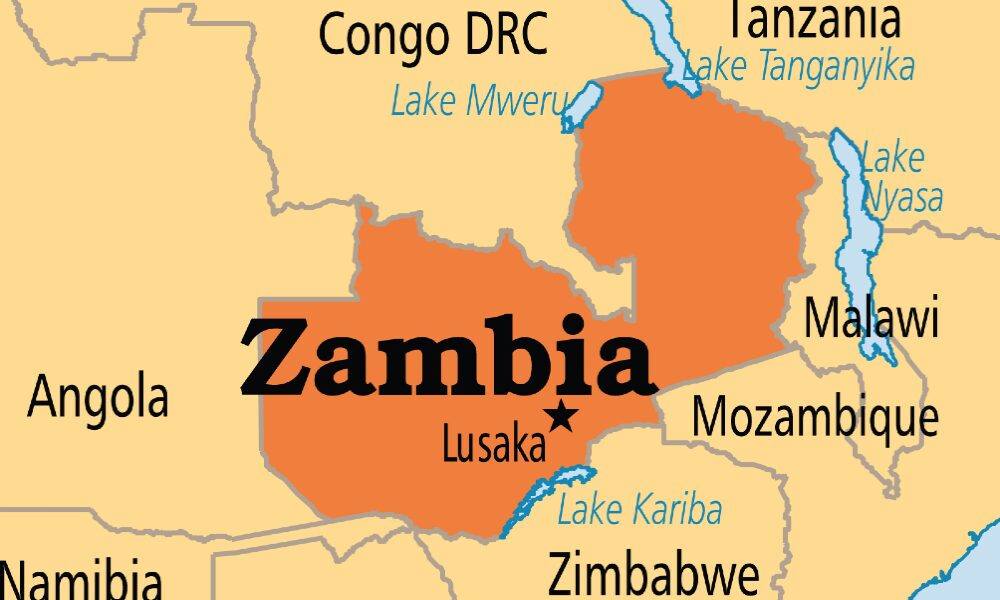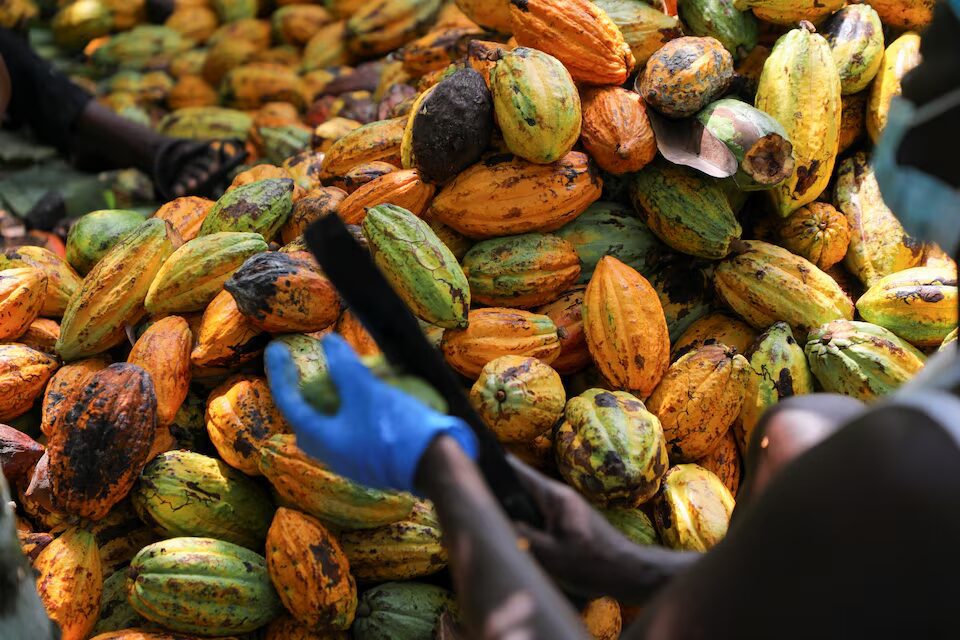
Wednesday 13th August 2025

By inAfrika Reporter
A special edition of the African Transformation Briefing brought the African Development Fund squarely into the spotlight, drawing development partners, journalists, and policymakers into an in-depth exchange on how concessional finance is powering transformation across 37 low-income African countries, nearly half of them fragile. Moderated by Belinda Ayamgha of the African Center for Economic Transformation, the session laid out both the Fund’s record and its forward path, with a clear message that targeted, country-tailored resources are unlocking projects that bind regions together and build resilience.
Valerie Dabady, who leads Resource Mobilization and Partnerships at the African Development Bank, set the tone by describing the Fund’s catalytic design and the disciplines behind it. She underscored how concessional windows channel investment into climate resilience, regional integration, and other priorities aligned with national strategies. With over $45 billion invested since inception and membership spanning 37 countries, she said the Fund is a cornerstone of the continent’s financing architecture and outlined ongoing efforts to broaden the resource base through innovations such as market borrowing and deeper engagement with a wider pool of donors.
A country perspective from Joseph Chanda of Zambia’s Ministry of Finance made the Fund’s leverage tangible. He explained how a modest national allocation to the Lobito Corridor helped mobilize more than $330 million in regional window co-financing, demonstrating the multiplier effect when well-structured projects are paired with concessional capital. With a $500 million commitment under preparation, the Lobito Corridor is designed to connect Angola, the Democratic Republic of Congo, and Zambia, catalyzing logistics, agriculture, and mining investment, including in critical minerals essential to the global energy transition.
Chanda also highlighted the Kazungula Bridge, a 923-meter span co-financed by the Fund with $68 million. By replacing a long-standing ferry service and introducing One-Stop Border Posts on both banks of the Zambezi, the bridge has streamlined customs procedures and slashed transit times along the North–South Corridor, boosting intra-African trade and reinforcing a key node for flows between Southern and Central Africa. Participants pressed for details on donor engagement, potential access to capital markets, and the future configuration of the Fund; Dabady affirmed active work to attract non-traditional partners and secure the necessary approvals to expand financing options.
Civil society voices echoed the call to raise the Fund’s profile. Kerezhi Sebany of the ONE Campaign urged a sharper public narrative, arguing that awareness of what the Fund does and delivers strengthens transparency, trust, and partnership. The briefing closed with a look ahead to the Fund’s ongoing seventeenth replenishment cycle. Consultations with development partners will continue virtually in September, followed by a country-focused engagement in Lusaka in October to share results and experiences. The pledging session is slated for December, anchoring an agenda aimed at scaling concessional finance where it is most needed and where it can be most catalytic.


